South Korea will spend about 6 trillion won ($4.6 billion) on medical care for the elderly in 2024, up 28% over five years.
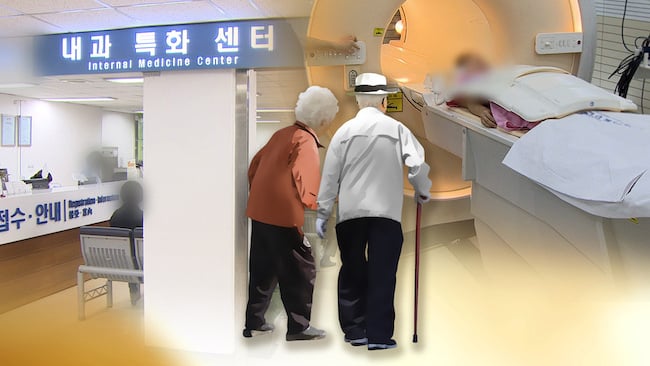
As South Korea enters a super-aged society, the government estimates that the cost of treating age-related diseases such as dementia will continue to rise in the future - Photo: YONHAP
South Korea is facing a significant increase in medical spending on aging-related diseases such as dementia, with the total cost forecast to reach about 6 trillion won ($4.6 billion) in 2024, according to the Korea Times on February 13. This figure marks a 28% increase from 2019.
This increase in costs reflects the fact that South Korea has entered a super-aging phase, with 20% of the population aged 65 and over by November 2023.
According to data from the National Health Insurance Service (NHIS) provided by Rep. Kim Mi Ae, insurance payments for 24 types of age-related diseases reached 5.6 trillion won in 2023, up 19.3 percent from 4.68 trillion won in 2019, before the COVID-19 pandemic broke out.
Notably, in the first half of 2024 alone, the cost of treating these diseases reached 2.9 trillion won - exceeding half of the total cost of 2023.
The NHIS estimates that by the end of 2024, the total budget for this purpose could reach about 6 trillion won.
Not only is the budget increasing, the number of patients suffering from age-related diseases has also increased significantly.
Specifically, the number of patients increased by 16% within four years, from 2 million in 2019 to 2.3 million in 2023. As of the first half of 2024, there were 1.85 million elderly patients seeking treatment.
The aging population also increases the number of elderly people covered by health insurance. The number of people over 65 years old covered by health insurance reached 10.14 million by June 2024, of which 9.45 million are covered by national health insurance, while the rest are in the low-income group receiving health subsidies.
This figure represents a significant increase of 46% compared to 2016, when the number of elderly people with health insurance was only about 6.94 million.
“With the number of seniors with health insurance exceeding 10 million for the first time, we need a comprehensive long-term care system to ensure they receive adequate and safe care in a super-aging society,” Congressman Kim stressed.
According to a 2022 analysis by Statistics Korea, by 2070, South Korea will become the world's largest spender on elderly care.
With the rapid aging of the Korean population, those aged 65 and over are expected to account for 46.4% of the total population within the next 50 years. This means that each working-age person will have to support one elderly person, posing a major economic and social challenge in the future.
Source: https://tuoitre.vn/han-quoc-chi-4-6-ti-usd-chua-benh-cho-nguoi-gia-20250213144941192.htm



![[Photo] General Secretary To Lam chairs the third meeting to review the implementation of Resolution No. 18-NQ/TW](https://vstatic.vietnam.vn/vietnam/resource/IMAGE/2025/4/14/10f646e55e8e4f3b8c9ae2e35705481d)
![[Photo] Opening of the 44th session of the National Assembly Standing Committee](https://vstatic.vietnam.vn/vietnam/resource/IMAGE/2025/4/14/03a1687d4f584352a4b7aa6aa0f73792)

![[Photo] Touching images recreated at the program "Resources for Victory"](https://vstatic.vietnam.vn/vietnam/resource/IMAGE/2025/4/14/99863147ad274f01a9b208519ebc0dd2)
![[Photo] Children's smiles - hope after the earthquake disaster in Myanmar](https://vstatic.vietnam.vn/vietnam/resource/IMAGE/2025/4/14/9fc59328310d43839c4d369d08421cf3)
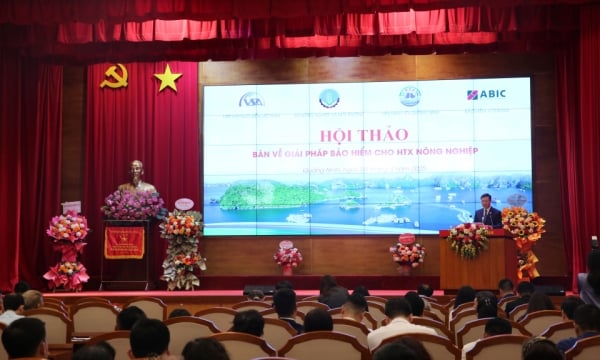



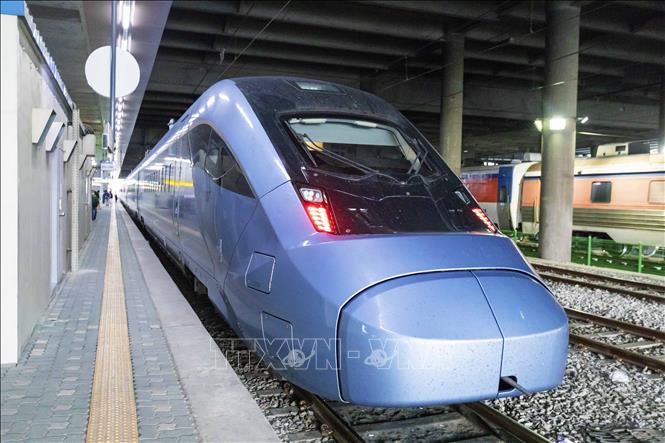



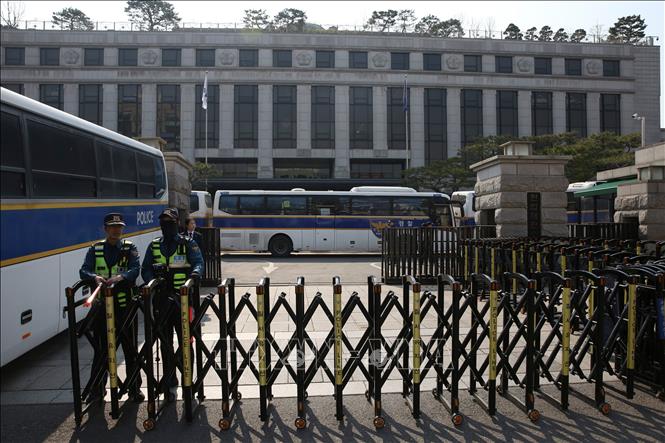
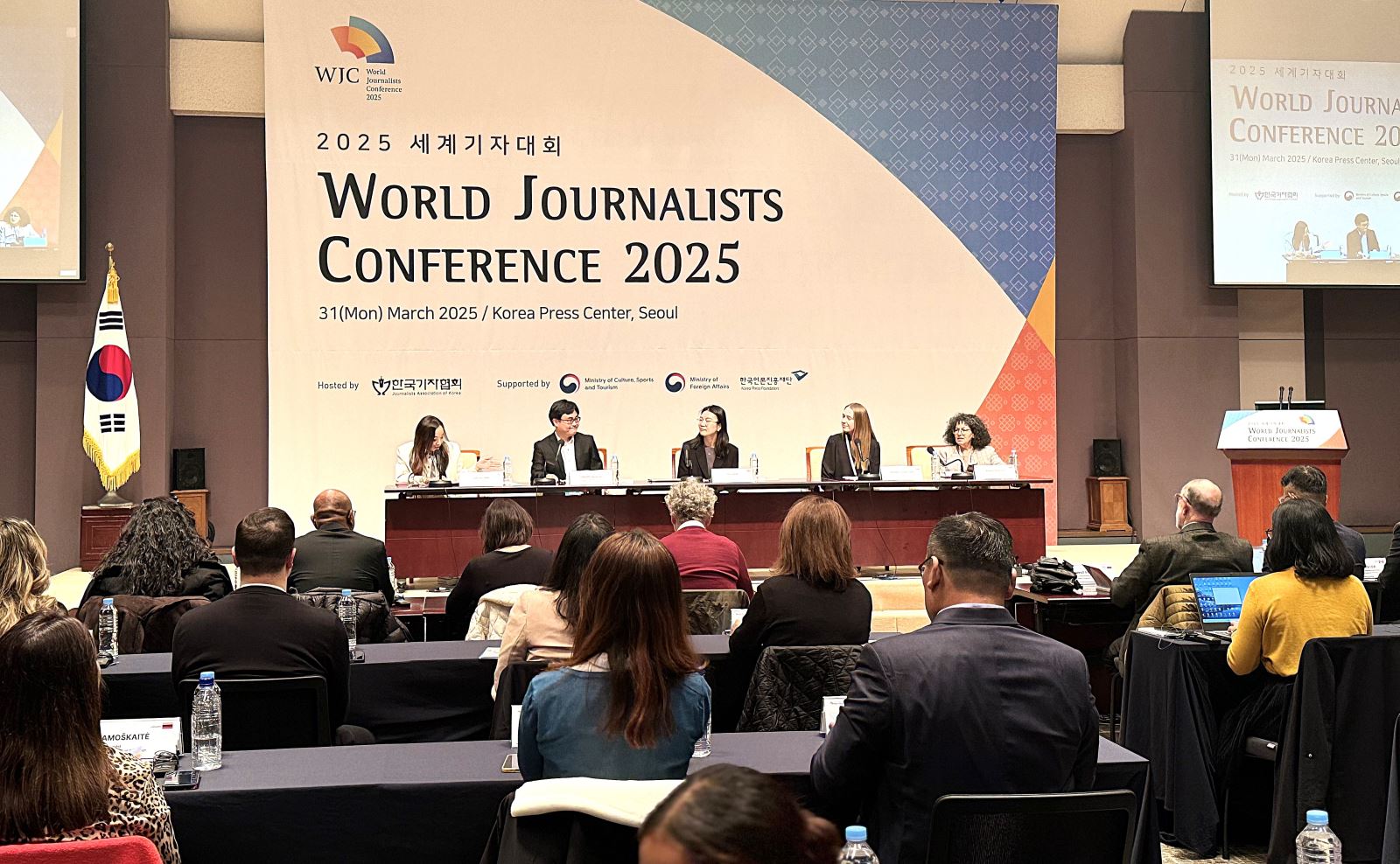

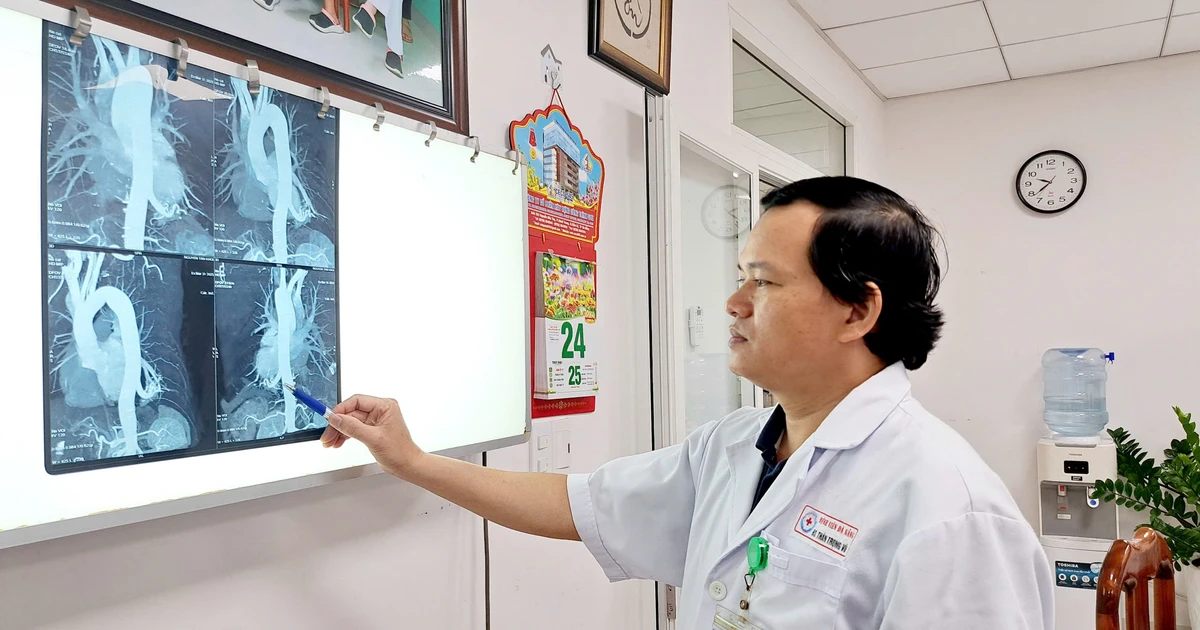



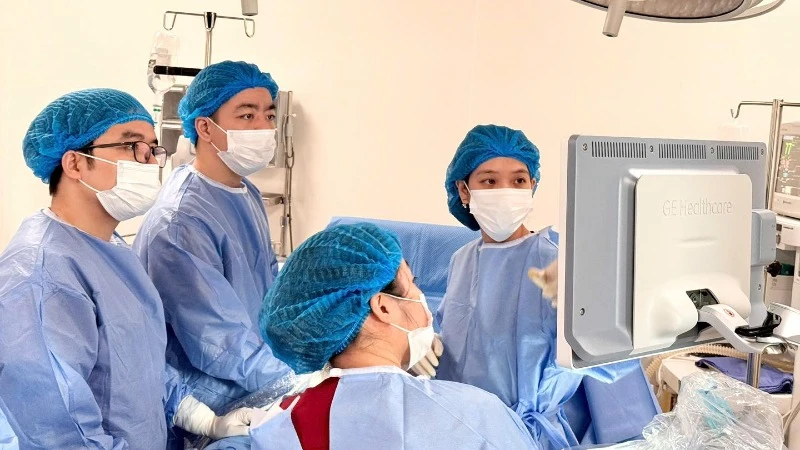




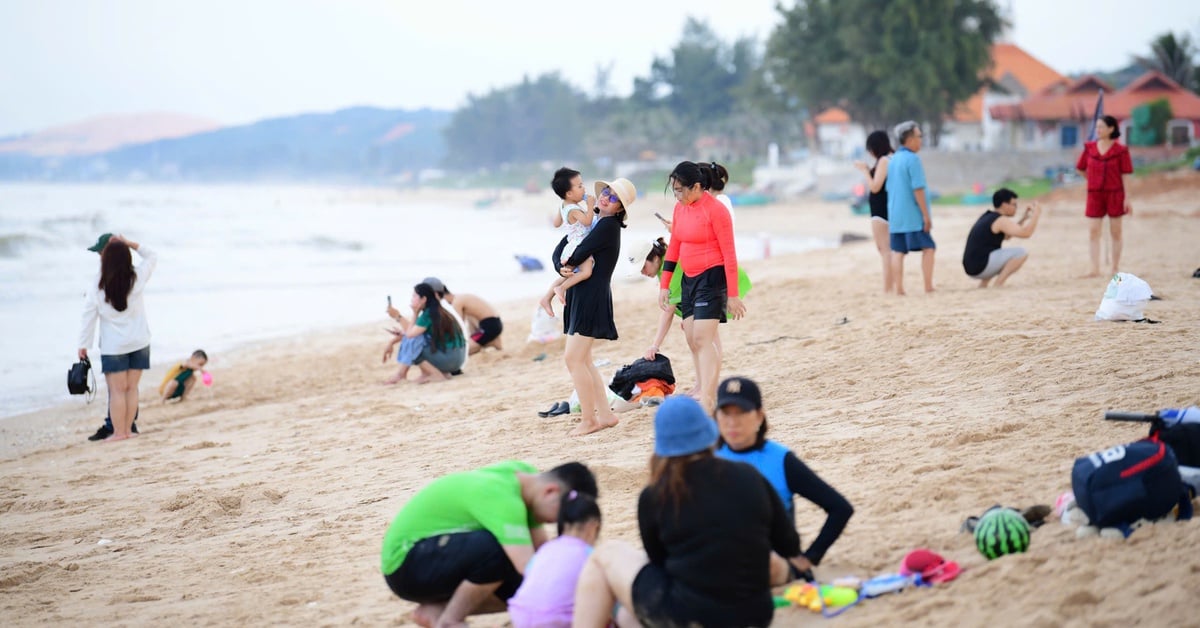



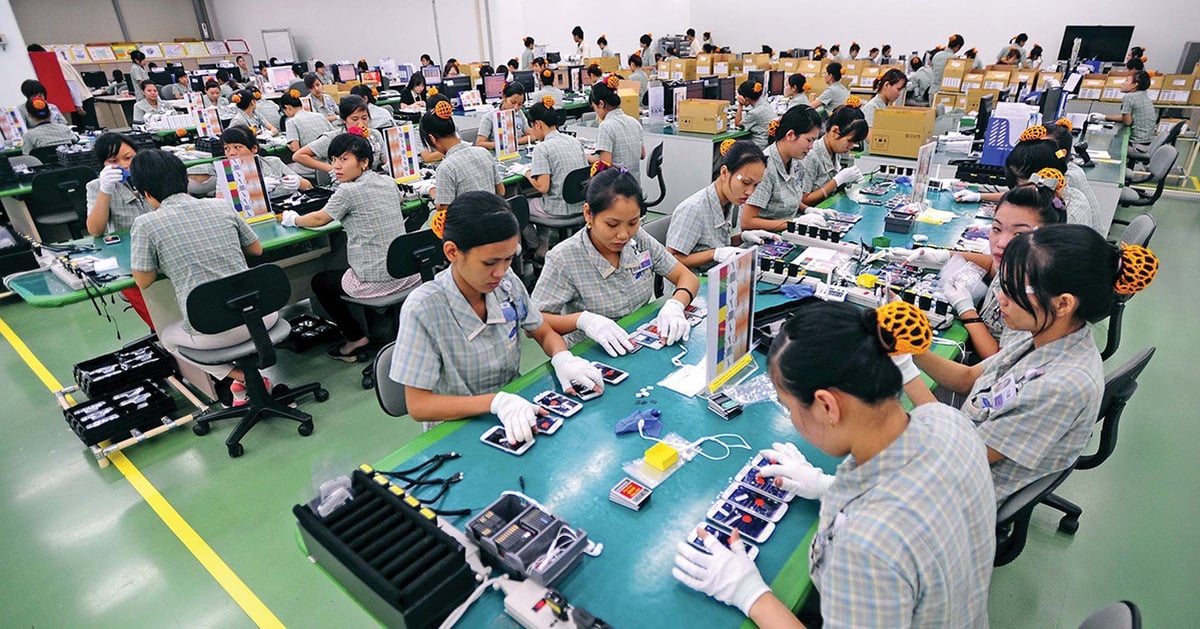











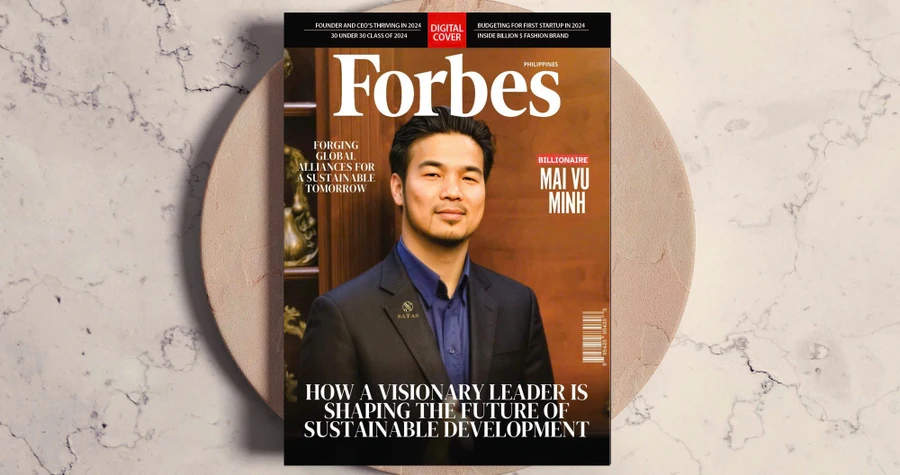

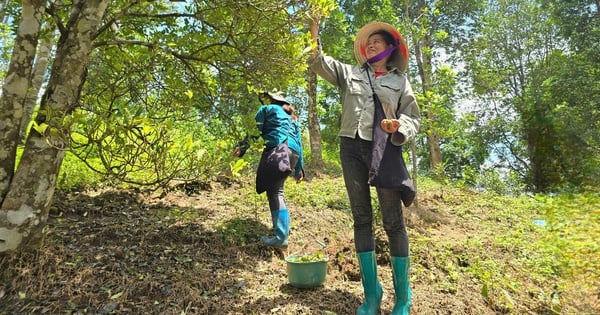



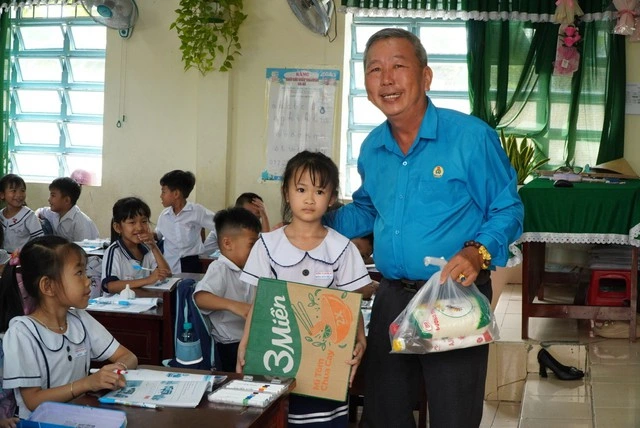
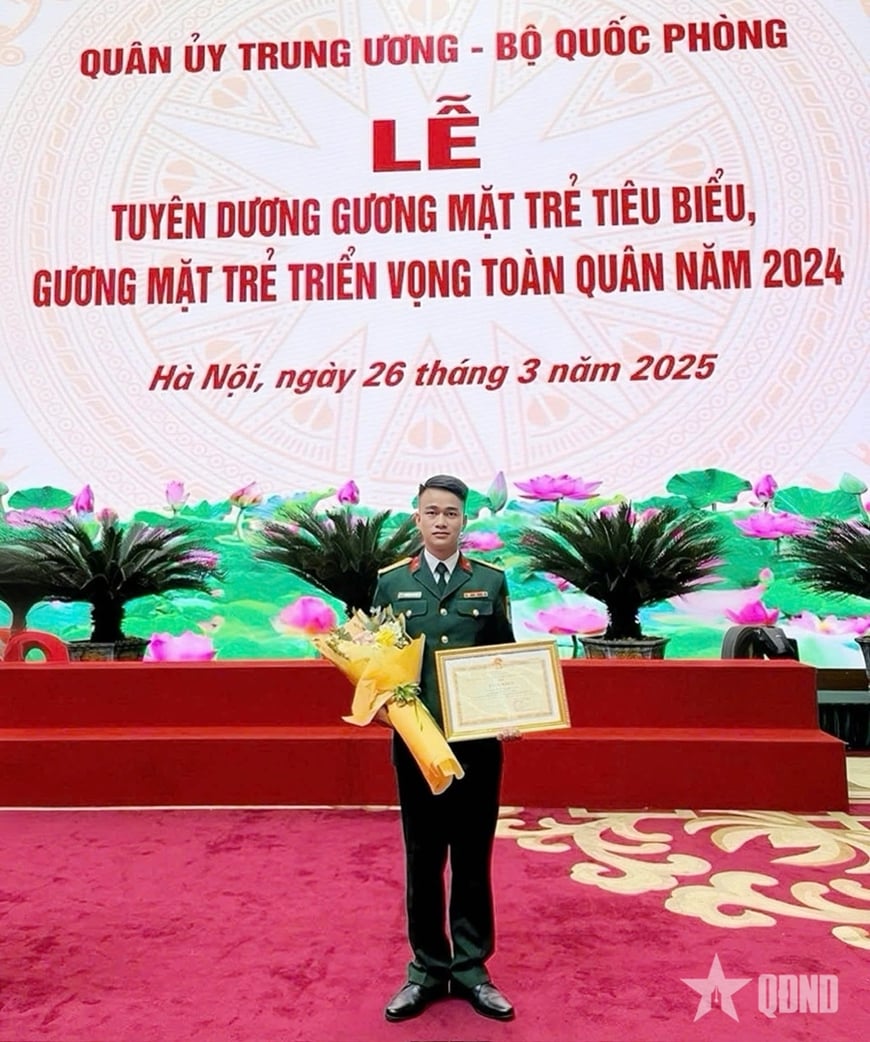








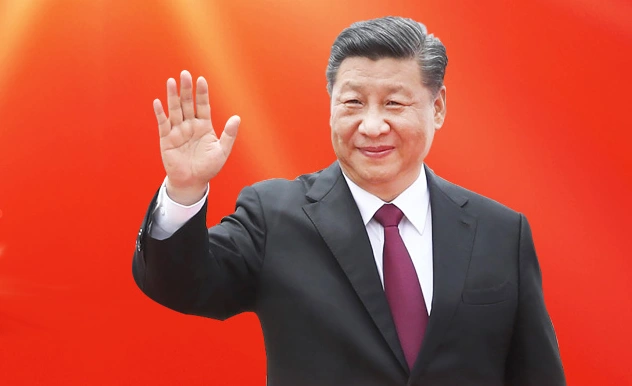

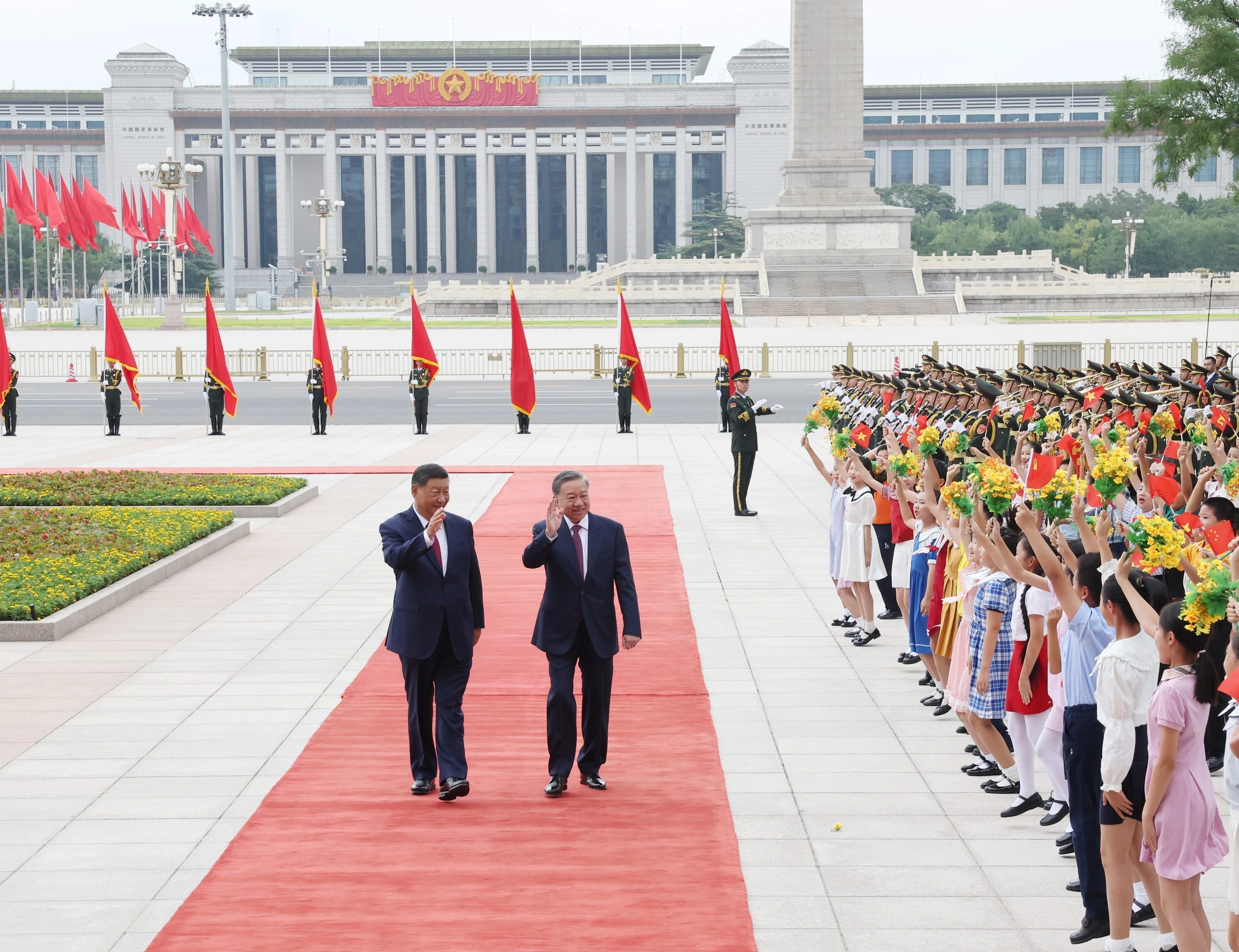
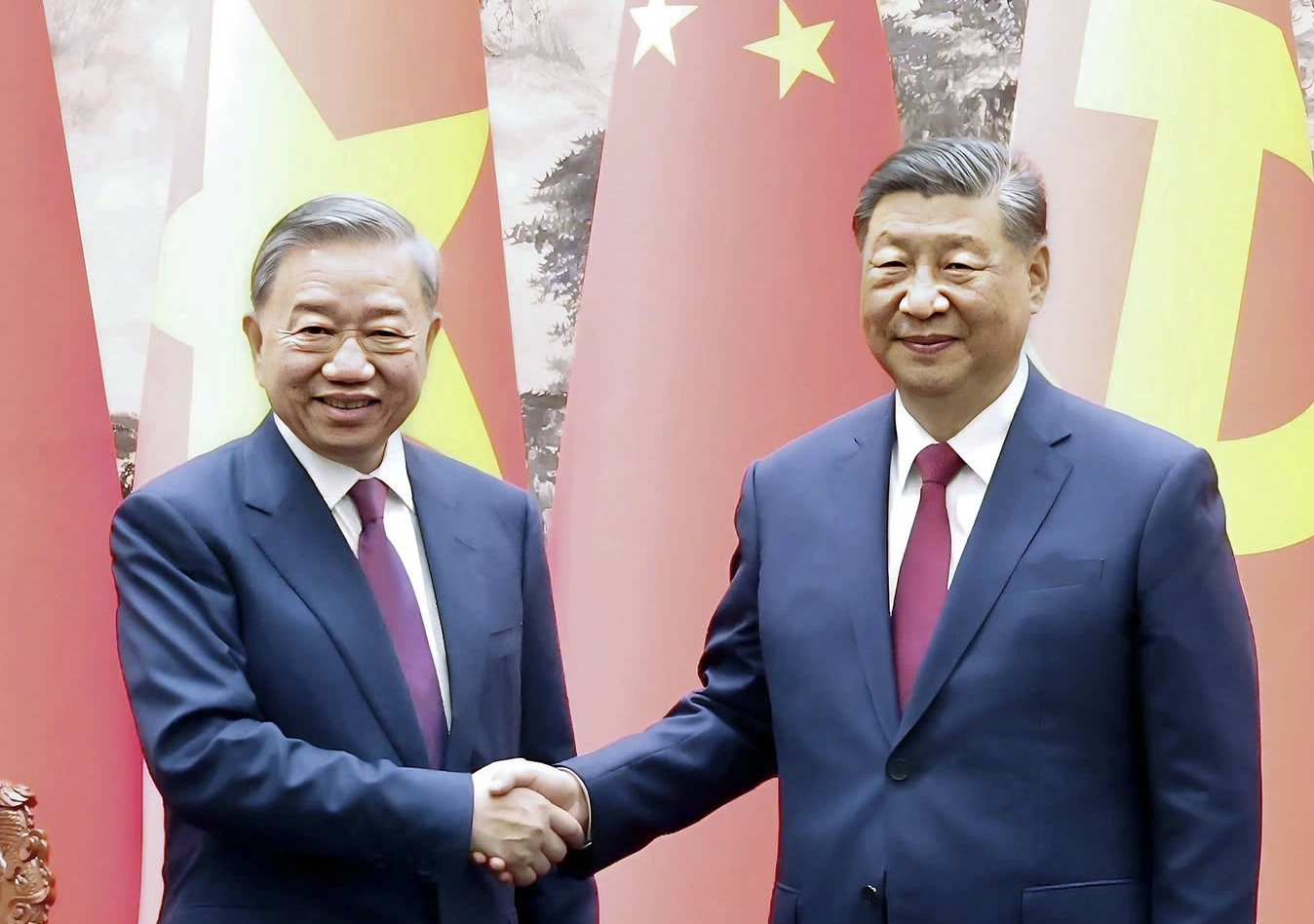
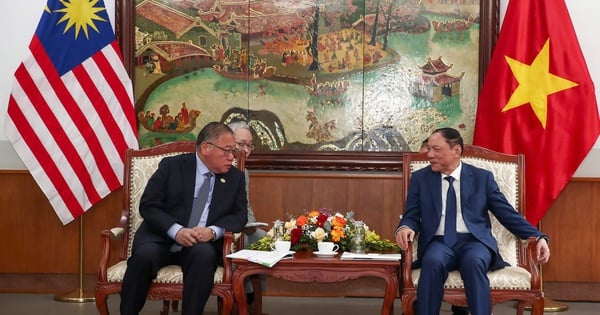







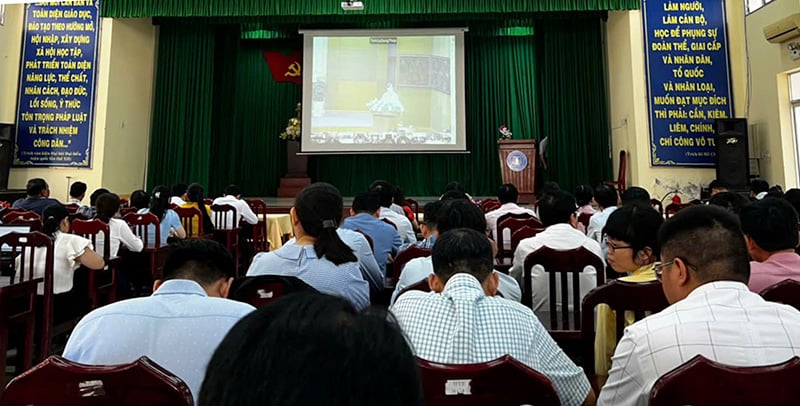
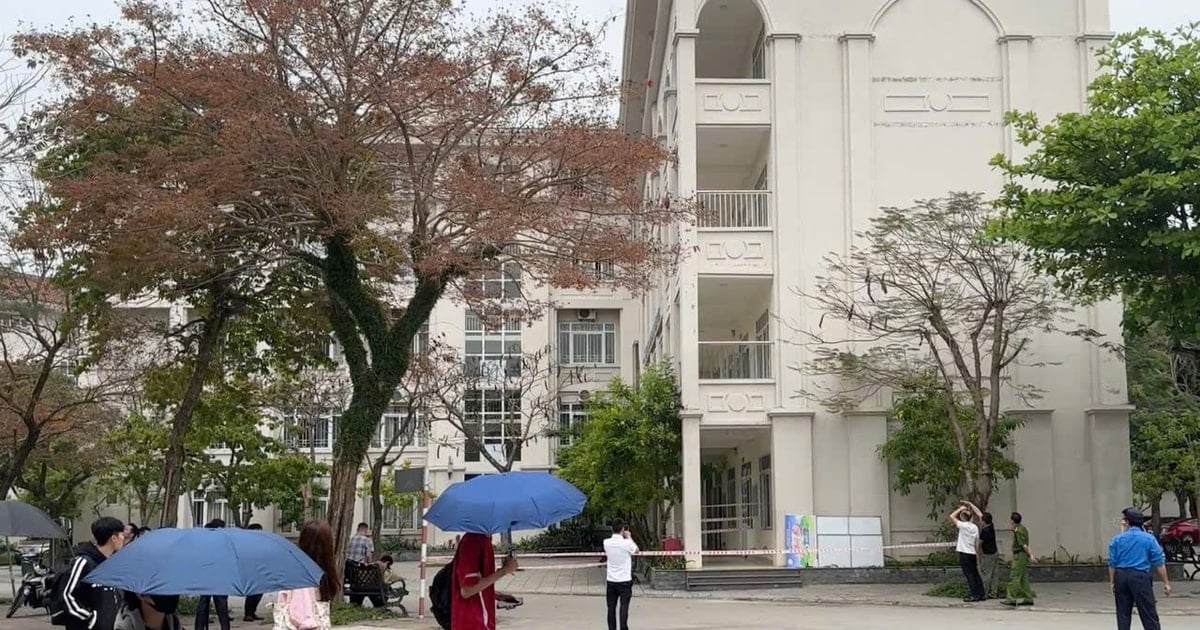

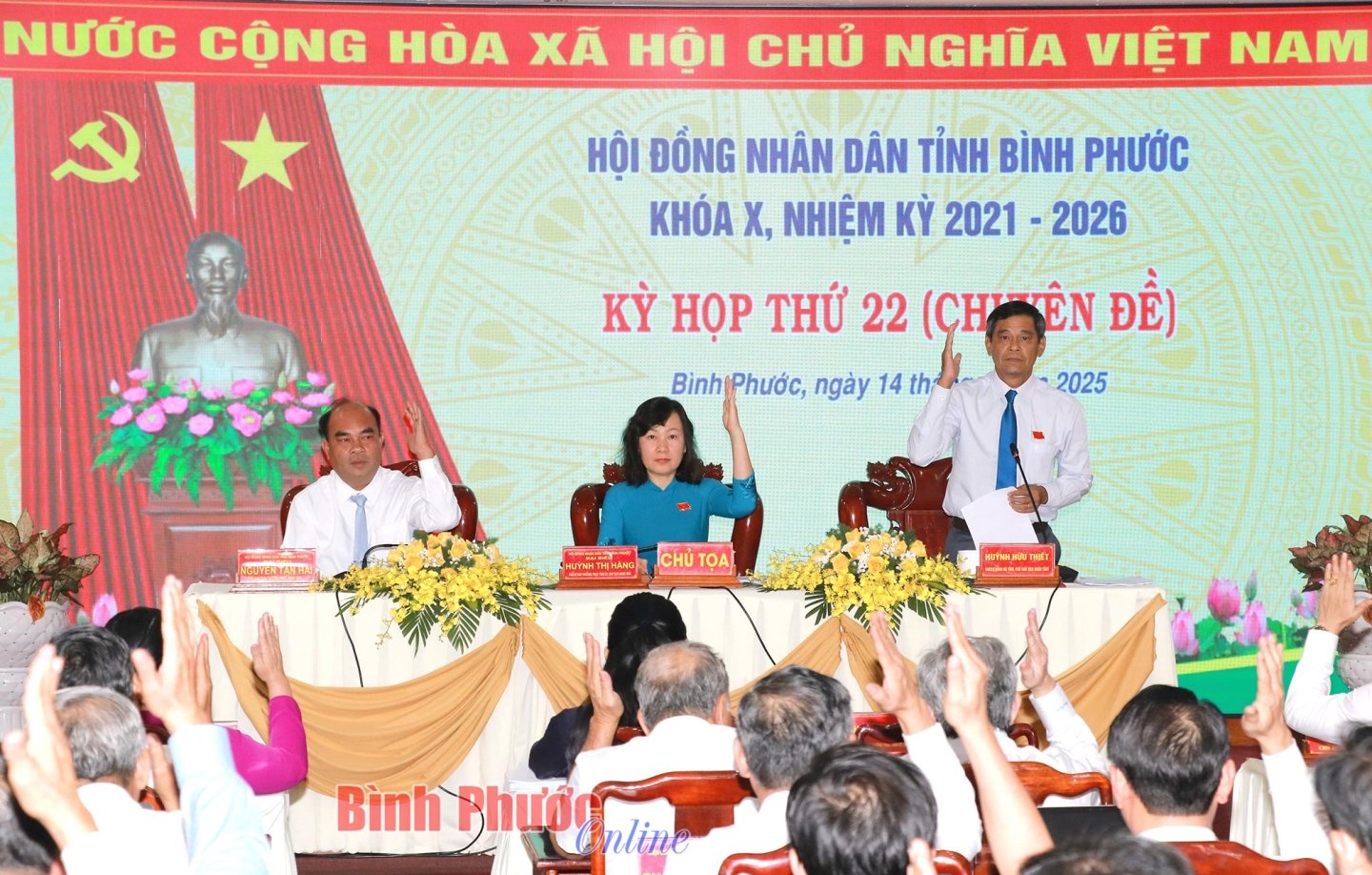
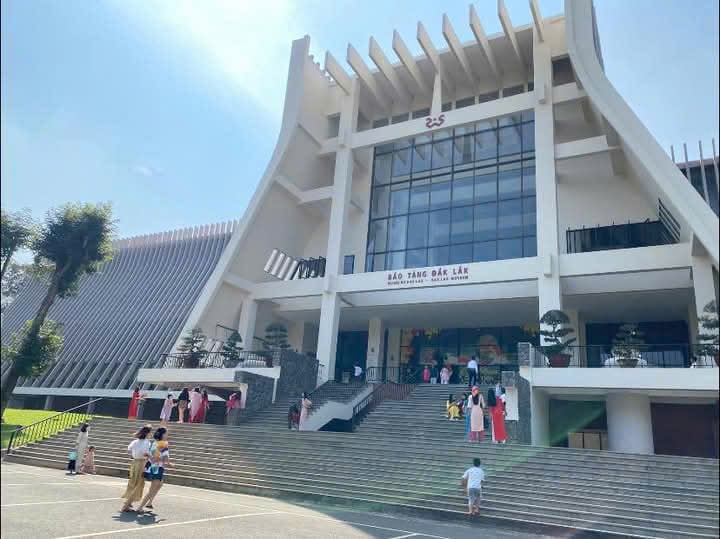
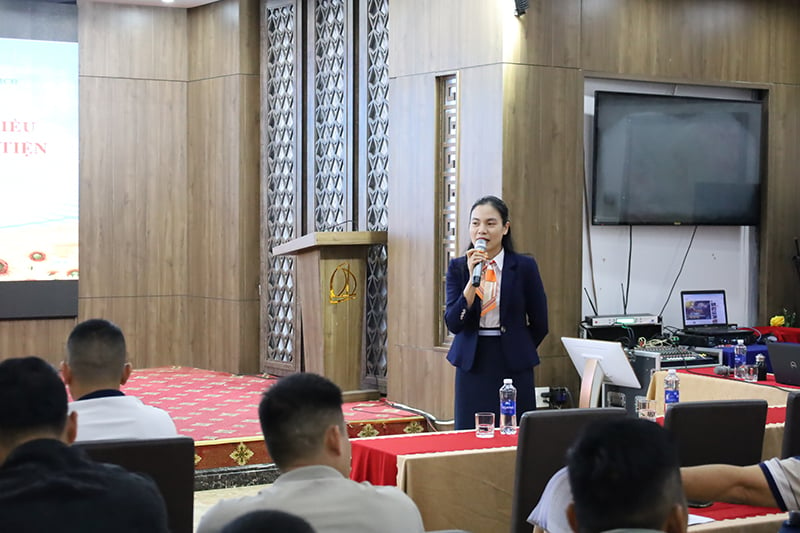












Comment (0)